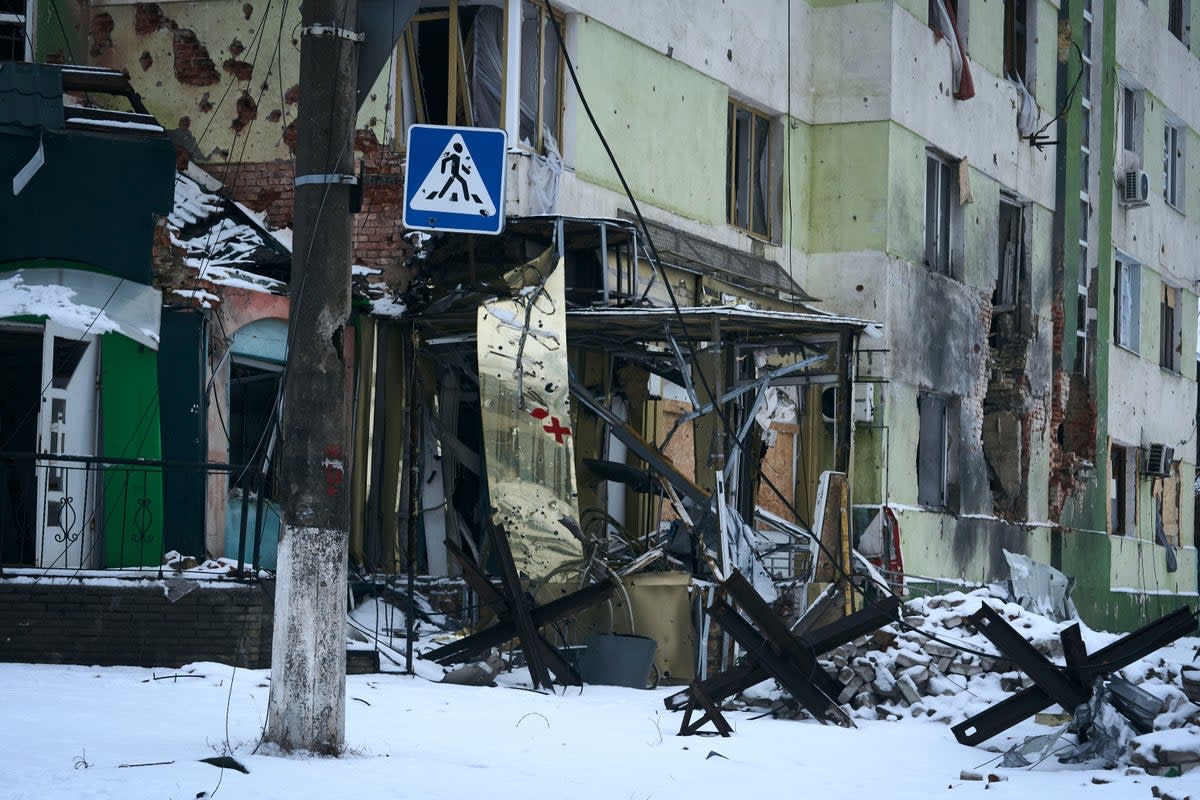Counter-terror police concerned about violent misogyny and Andrew Tate rhetoric

People must be “vigilant” to violent misogyny and other forms of extremist content online perpetuated by the likes of influencer Andrew Tate, counter-terror police have said.
Senior officers said the hatred of women was prevalent across terrorist ideologies, from jihadism to the far right, and was becoming “mixed in” with other belief systems.
Assistant commissioner Matt Jukes, the head of UK counter-terrorism policing, told a press conference that officers were seeing rising numbers of cases involving incel culture.
“Non-violent extremism creates an environment from which terrorists are spawned,” he said on Thursday.
“We need vigilance in the digital world, we need people to be alive to extremist content online.”
Asked about Andrew Tate, a prominent misogynistic influencer who is currently under criminal investigation in Romania, Mr Jukes said: “I’m concerned about anyone who advocates violent misogyny.
“I’m concerned about the effect of that kind of rhetoric in the minds of young boys. Men are dominant in our terrorist casework and young men and boys are increasingly present.
“Anything that introduces that kind of toxicity has to be a concern, whether or not that’s a direct concern for counter-terrorist police.”
It comes after official figures showed a rising number of suspected incels being referred to the Prevent counter-extremism scheme, albeit in much smaller quantities than far-right extremists and jihadists.
Concerns about the online subculture peaked after the 2021 Plymouth shooting, where self-described incel Jake Davison murdered five people in Britain’s worst mass shooting in over a decade.
Short for “involuntary celibate”, incels believe they are unable to have romantic or sexual relationships with women, and men identifying with the movement have carried out several mass shootings in the US and Canada.
Mr Jukes said there needed to be a “wider societal response” to the issue, and that police would learn any lessons from the ongoing inquests into the Plymouth shooting.
Police did not declare the mass killing a terror attack because they believed that Davison was primarily driven by mental health issues and personal grievances, rather than a “political, religious, racial or ideological cause” that would meet the UK’s legal definition of terrorism.
MI5’s position is that incel ideology should not be treated automatically as terrorism, but recognised as a “potential terrorist motivation” and assessed on a case-by-case basis.
“Self-initiated terrorists”, who are not directly affiliated with any group and may be partly motivated by personal grievances and vulnerabilities, are currently deemed the dominant attack threat in Britain.
“It is making the threat harder to spot, its individuals harder to stop,” Mr Jukes said. “The hateful acts we see bring together complex drivers, sometimes including mental ill health, and often the influence of online material.”
Islamists still make up the majority of more than 800 live counter-terror investigations in the UK, but the senior officer said the extreme right wing was continuing to grow and officers were also responding to “new threats”.

But around a fifth of the work of British counter-terror police now relates to hostile state threats, including Russian, Iranian and Chinese activities against dissenters, as well as espionage and war crimes investigations.
Mr Jukes said his officers were handling an “unprecedented” amount of work in the area, with hostile state-related cases quadrupling in the past two years.
They include plots to assassinate, kidnap or forcibly repatriate political opponents, with at least 15 such attempts linked to Iran since January 2022, as well as alleged Chinese “overseas police stations” and a range of malicious activity by Russia.
“The oppression, intimidation and violence directed at people because of their perceived opposition to a state will not be allowed on our watch,” Mr Jukes said.
“Although the number [of hostile state investigations] is in the dozens, the intensity of the investigations and the capabilities we need are a step-change.”
British police are also supporting the International Criminal Court investigation into war crimes in Ukraine, and are assessing more than 100 reports received by Ukrainian refugees and other people currently in the UK.
